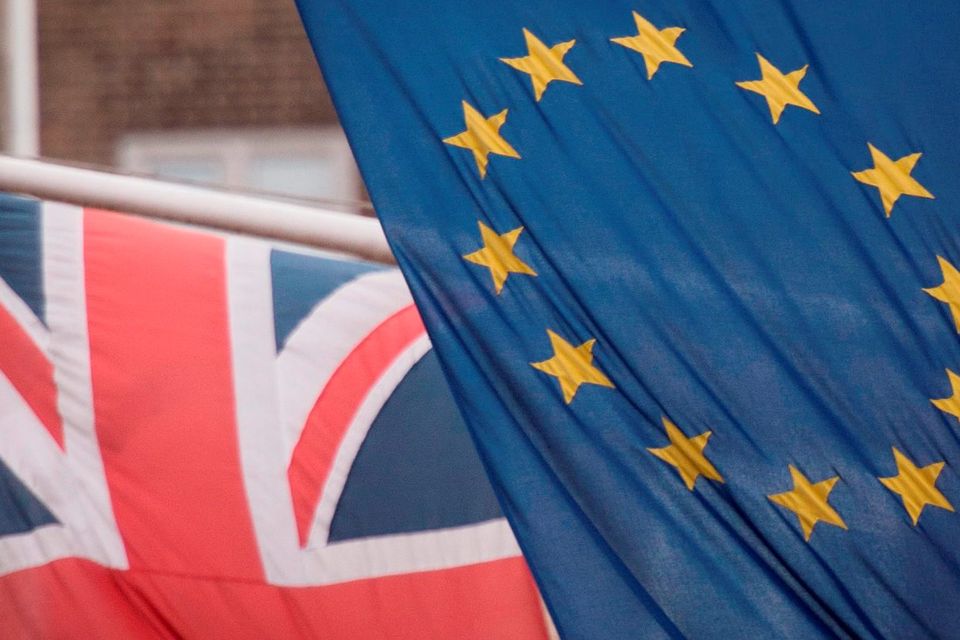Stick with UK despite Brexit, EI tells Irish exporters
EI said Irish firms would be missing out if they opted to look away from the UK market despite the fallout from the June 23 Brexit vote. Photo: PA
Irish businesses shouldn't turn their backs on the UK despite the Brexit vote, with potential opportunities in the NHS, the water market and the Northern Powerhouse agenda, Enterprise Ireland (EI) has said.
The positive argument is in contrast to the repeated warnings about the harmful effects of a weakened pound and concerns over the health of the British economy.
EI said Irish firms would be missing out if they opted to look away from the UK market despite the fallout from the June 23 vote.
"Despite understandable concern over the UK's vote to leave the EU, our nearest neighbours will remain a natural first market for Irish exporters due to proximity, a shared language and similar business cultures," said Marina Donohoe, EI's UK and Northern Europe Director, in an update provided to the agency's client companies.
"While strategies to offset whatever consequences arise from the UK vote are advised, businesses in Ireland would be missing a trick if they discounted the UK market."
The agency pointed out seven potential opportunities, including the UK's National Infrastructure Delivery Plan, the Northern Powerhouse agenda, the Scottish government Investment Plan, the NHS's 'Five year Forward View', the water market, financial services and aerospace.
But despite the positive intervention, Irish businesses are likely to be cautious - at least in the short-term - with data released yesterday showing retail sales in the UK fell at the fastest pace in more than four years this month, signalling wariness among consumers.
The Confederation of British Industry said its monthly retail sales index dropped to minus 14, the lowest since January 2012, from 4 in June. A gauge of the outlook showed stores anticipate a similar decline next month.
"While conditions in the retail sector have weakened, we should be careful about reading too much too soon, as consumers were likely to err on the side of caution in the immediate period following a vote to leave the EU," said Rain Newton-Smith, CBI chief economist, suggesting the drop may be a short-term reaction to the vote.
Irish businesses are being urged to think long-term.
Ms Donohoe's comments are contained in a guide sent to EI client companies on strategies to adopt in the wake of the Brexit vote.
It focuses on the need to hedge, to have a business plan in place, and to focus on R&D.
The agency's chief executive, Julie Sinnamon, said EI is advising companies to look for new UK opportunities, as well as diversifying into new markets.
"But contingency plans and near-term responses to the UK vote are needed," Ms Sinnamon said.
"The legal status of contracts, currency risk management, tariffs, staffing and supply chain are among the matters exporters must consider."
In a chapter looking at the legal implications of a Brexit, Sean Ryan, a partner in Eversheds, said certain areas of business including trading laws, employment and competition laws are likely to be impacted. But to what degree remains unknown.
"There has been much talk about what the UK's future trading relationship with the EU might look like," he said.
"A bit like the end of the Rose of Tralee: will it be the Norwegian model, the Swiss model, or maybe even the WTO model? The truth is, nobody knows."
Join the Irish Independent WhatsApp channel
Stay up to date with all the latest news















